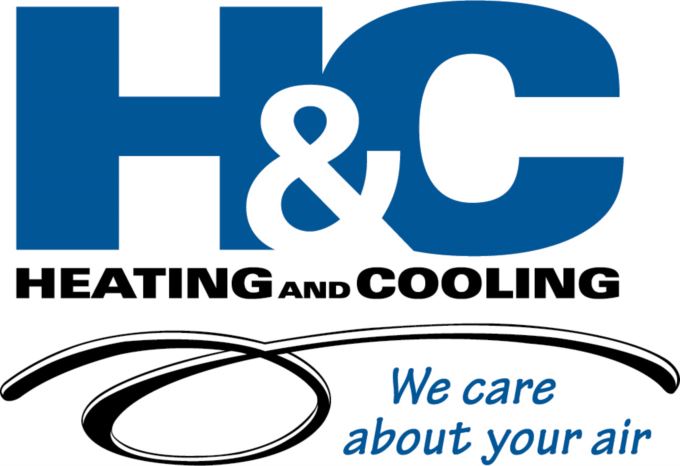
Did you perform a double take when you checked your last energy bill? While high energy bills can be the end result of extreme weather events, repeatedly high bills can quickly signify an inefficient HVAC system or your home is misusing energy by other means, such as drafty windows or inadequate insulation.
One of the simplest ways to figure out whether your home is using too much energy is by calling a home service specialist to perform a home energy audit, also known as a home energy assessment. Keep reading to learn all about home energy audits, including what they are and their key elements.
What Is a Home Energy Audit?
An energy audit is a thorough inspection of how much energy your home uses and whether – and where – your home could be losing or wasting energy. An inspector will take a look at older energy bills in the course of an energy audit to figure out where energy is being wasted and how much.
The ultimate goal of an energy audit is to help homeowners save money on their energy bills by suggesting energy-efficient renovations, which may include exchanging your existing HVAC system, installing new insulation, sealing up leaks, or replacing drafty windows.
During the energy assessment, the auditor carries out an inspection of the outside and inside of your home. The auditor completes a blower door test on doorways, windows and fireplaces to figure out if there are air leaks in your home. They’ll also inspect your home’s HVAC system, as well as the ductwork, the water heater, and the insulation in your attic. Some assessments might also include checking your current lighting system.
Benefits of a Home Energy Audit
It can be tough for the ordinary homeowner to know for sure how efficient their home is in comparison to other similar homes in their neighborhood. However, lots of energy companies often provide information about where your home ranks when compared with similar homes and whether it’s more efficient, about average, or inefficient compared to your neighbors’ homes. This is a great starting point to determine if you need an energy audit performed.
Some of the benefits of a home energy audit include:
Recognizing How Efficient Your Home Is
It’s good to learn more about how efficient your home is and where you’re using the most energy. For example, if your ducts are leaking, it will lead to a large increase in your energy bills and excessive wear and tear on your HVAC system as it has to stay on longer to fully heat or cool your home.
Making Energy-Efficient Improvements
An energy audit can expose where you need to make energy-efficient improvements to save on energy and decrease utility bills. This might include replacing old weatherstripping or buying a new energy-efficient furnace.
Improving Health and Safety
Allowing air to seep into your home via doors and windows, or due to a lack of insulation can cause extra moisture to build up, which can negatively affect your home’s humidity levels or lead to mold. This can cause health conditions, particularly for people dealing with asthma or allergies.
Adding to Your Home’s Retail Value
Energy-efficient homes are desired by homebuyers. You can sell your home more quickly or for more money by demonstrating to possible buyers that it’s energy efficient.
How to Do an Energy Audit of Your Home
Although handling an energy audit on your own might not be as thorough as hiring a professional, it’ll offer a broad sense of how energy efficient your home is. If you don’t discover any flaws during the DIY test, then you likely don’t need to call in a professional. Follow this step-by-step checklist:
- Review your HVAC system. Broken ducts can lose as much as 20% of conditioned air, leading to more expensive energy bills and greater wear and tear on HVAC equipment. If you find leaks, use duct tape to close them. If your HVAC equipment is old and wearing down, upgrading to a new system can save you a substantial amount on your energy bills. In some cases, it can be better to call a reputable HVAC company to inspect your system.
- Check for air leaks. Air leaks on average can increase the energy bills by 10 to 20%. Inside, look for air leaks in areas where you can find a draft, including along the edge of flooring and near baseboards and electrical outlets. Outside, you can look for air leaks around the home’s foundation, siding and mortar. Plug, caulk or seal any air leaks to save money.
- Examine insulation. If your home is older, it could mean your insulation is too. If you can see the joists, you likely need more insulation.
- Check the ventilation. Check that all of your kitchen and bathroom exhaust fans are working properly, and check for evidence of rot or moisture.
Contact H&C Heating and Cooling for a Professional Energy Audit
If you are interested in professional help finding out how energy efficient your heating and cooling equipment is, call the HVAC pros at H&C Heating and Cooling today. We’ve proudly served the residents of Laurel with quality home services for years. Contact us today to schedule an appointment.
